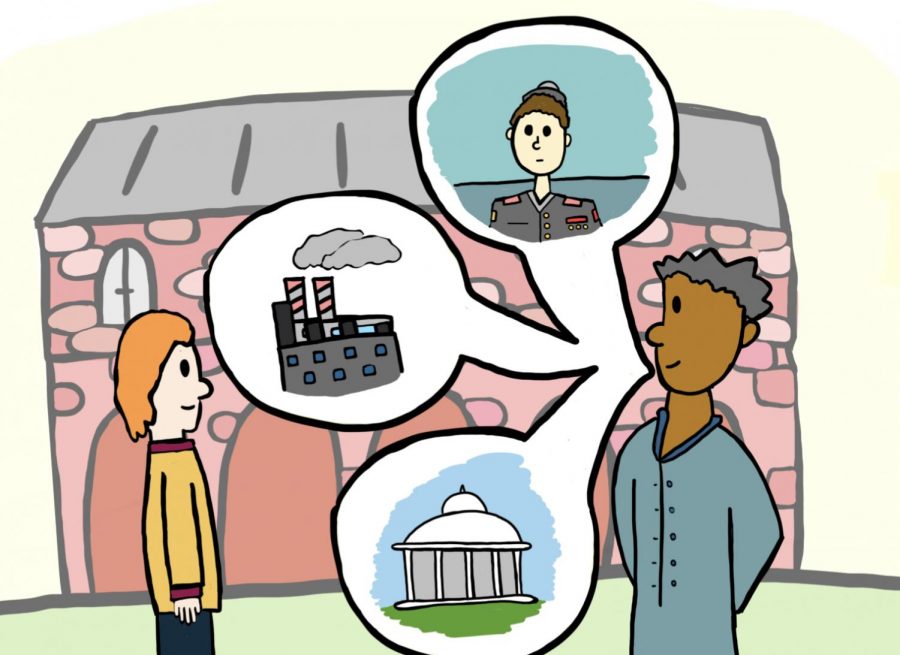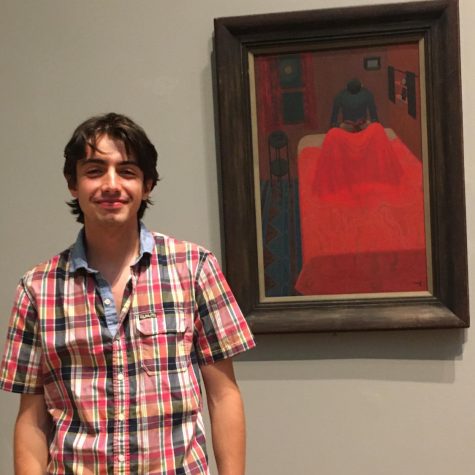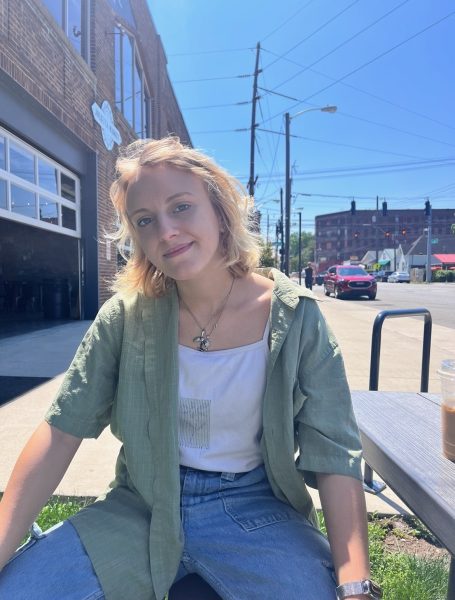Drake Community Library offers oral history workshop on March 13
March 13, 2023
On Monday, March 13, from 3-4:30 p.m., the Drake Community Library will host a workshop on conducting oral history in partnership with Tamara Beauboeuf-Lafontant, professor and department chair of Gender, Women’s and Sexuality Studies (GWSS) at Grinnell College.
The workshop will be led by two specialists in the field of recording and sharing oral history. Hannah Viti is a podcast producer, DJ and audio engineer, described in the Drake Community Library’s press release for the upcoming event as “[specializing] in creative communication that promotes deep listening and engagement and [using] sound to tell stories and document life.” Meanwhile, Ariel Mejia is an audio artist, producer, educator, and oral historian with expertise across a wide range of media formats.
Together, Viti and Mejia will facilitate two workshops — one for students in Beauboeuf-Lafontant’s class, as well as the event at the Drake Community Library. Viti has collaborated with Beauboeuf-Lafontant since her time at DePauw University, where the latter was her advisor. She said that the two of them recently reconnected as part of Baboeuf-Lafontant’s work on a project about Edith Renfrow Smith `37, the first Black woman to graduate from Grinnell College. “I believe it was last summer when the stars aligned and Dr. B proposed that I come and talk to her students,” Viti said.
Viti brings a wealth of experience recording and telling stories in an audio format, and is a strong advocate for the medium. “I started to become kind of obsessed with focusing on just the sonic realm, and so hearing someone’s interview became a lot more interesting to me than reading [it],” she said.
Viti said it is important for oral historians to let interviewees represent their own, unadulterated personal experiences. “We are concerned with how the person makes meaning out of their own story, and we regard the interviewee as the expert of that story,” she said. “We’re trying to create what we call a generative experience rather than extractive experience from the interview process.”
Monique Shore `90, technical administrator at the Drake Community Library, echoed Viti’s sentiment. “When someone retells their own story, it’s more likely to capture kind of the impact of an event in terms of the complicated emotions or the things that were super joyous or super difficult,” she said. “There’s power in hearing a story told through an individual’s own words that can get lost otherwise.”
Viti and Shore each mentioned that oral histories are particularly important because they give visibility to otherwise underrepresented or marginalized narratives, and Viti specifically related this to her work producing the podcast Unboxing Queer History. “Oral history is an amazing way to help people tell their queer narratives with a lot of agency and with a lot of concern for how things like trauma are recorded,” she said.
“A lot of oral historians believe that it can be a tool for social change. A lot of times we are focused on voices and events and histories that are pretty much left out of a lot of different, you know, formal histories. I think it privileges, accepts and loves many ways of knowing,” she added.
With a focus on the Grinnell community, Shore said that she hopes the workshop will encourage more people to get involved in local oral history and continue to expand the Drake Community Library’s already extensive archive. She specifically mentioned Voices from the Past, a 1992 oral history project conducted by the Friends of Stewart Library –– now the Drake Community Library –– which collected the memories of Grinnell residents throughout seminal historical moments such as the Great Depression and WWII.
“We really see our local history collection as the unique thing that we can offer to the world,” Shore said. She added that Grinnell is incredibly lucky as the Drake Community Library, the Grinnell Historical Museum and the Grinnell College Archive are all dedicated to preserving local memories of the past.
At the event, Viti and Mejia will begin with a presentation on why oral history is important, followed by demonstrations of techniques for conducting interviews and recording audio. “I’m really excited to see what people in the community are already doing, and how we might be able to lend some system support to these projects,” Viti said.
Due to the hands-on nature of the workshop, space at the event will be limited to 20 participants. To register, attendees are encouraged to call the Drake Community Library or visit their website for more information.





















































